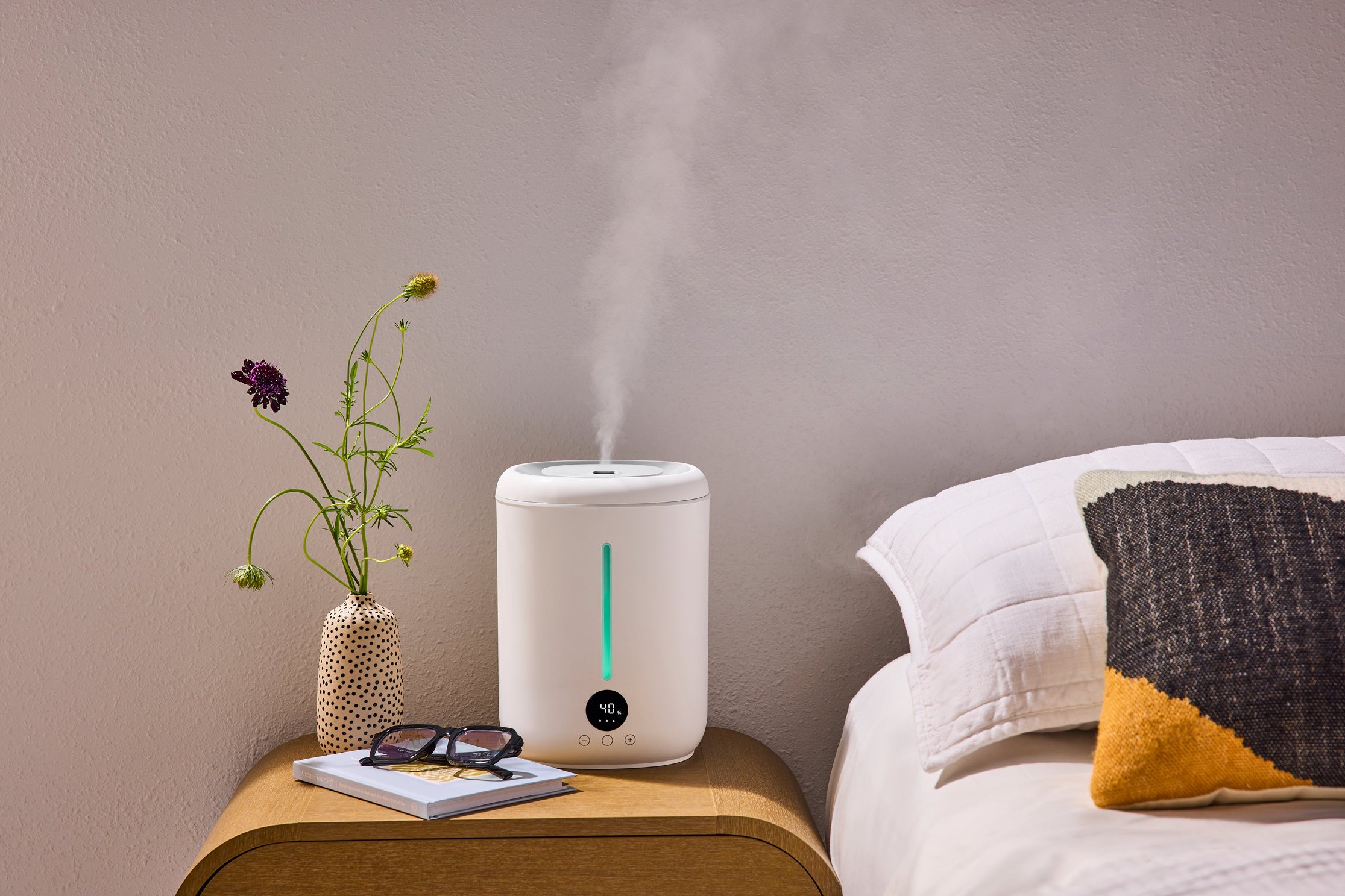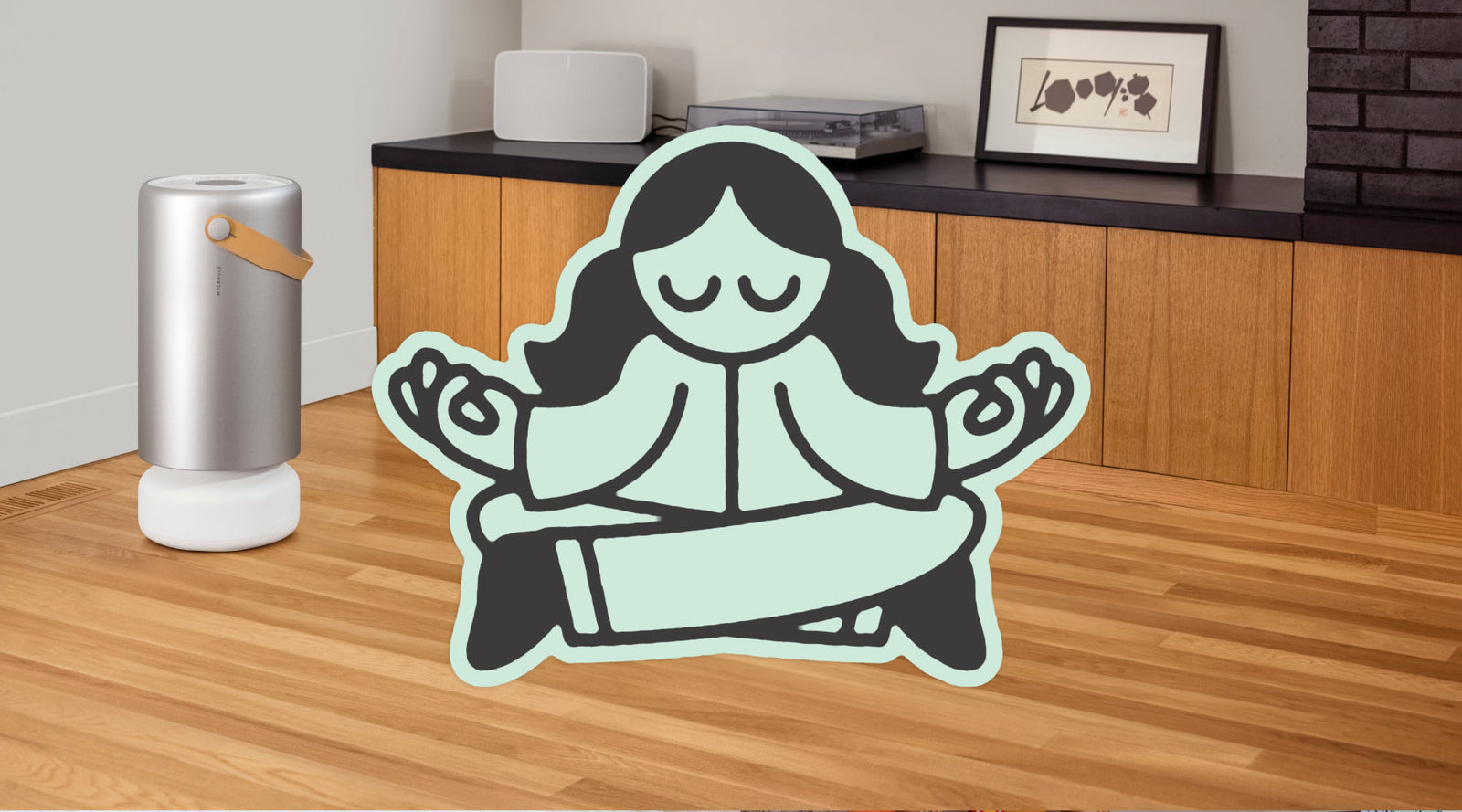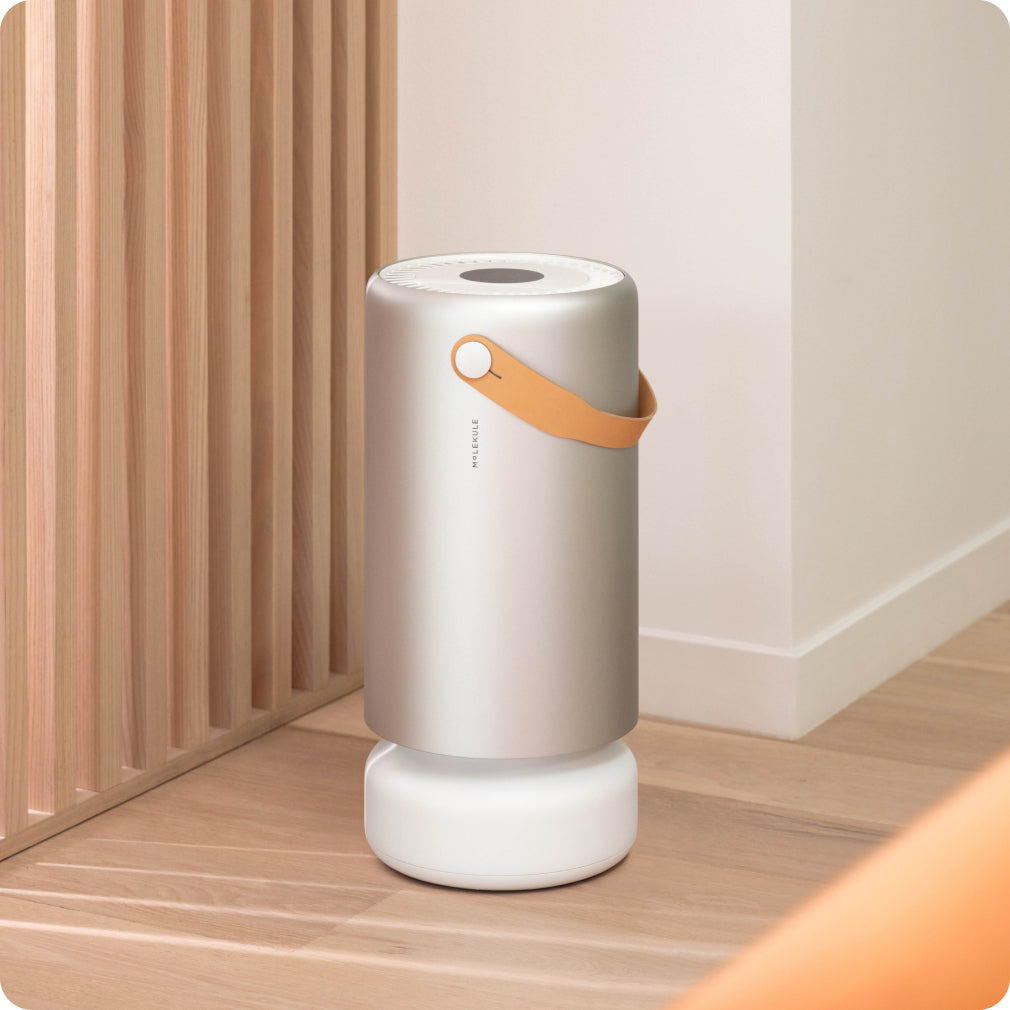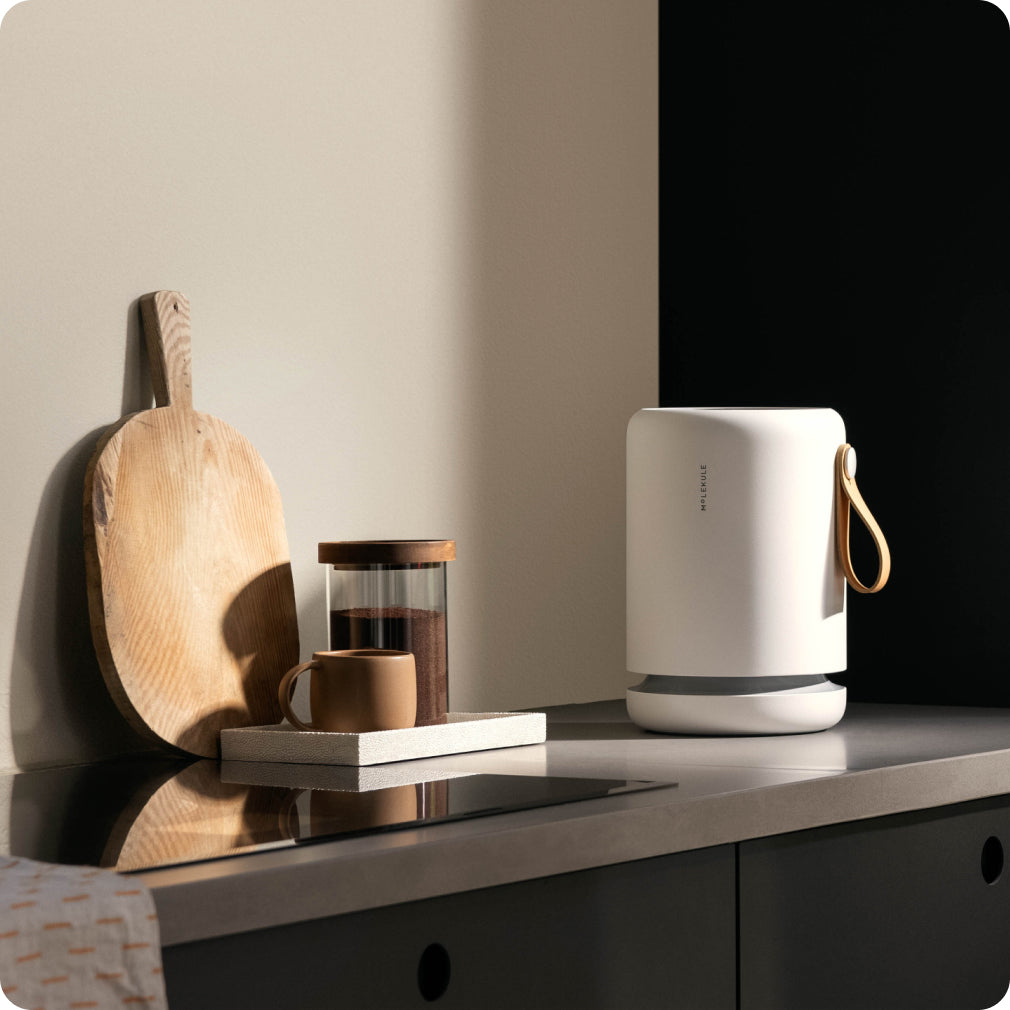You’ve got your favorite cushion. The perfect playlist of soft bells and gentle waves. Maybe a candle flickering just out of your line of sight. You sit, breathe in, breathe out, and then…your chest tightens, your sinuses feel stuffy, and your mind starts to wander.
It’s not your focus that’s failing you. It might be your air health.
While meditation is often about turning inward, the space around you matters more than you think. Clean air isn’t just a “nice to have”, it’s a vital part of any serious mindfulness practice. Here’s why:
The mind-body connection starts with breathwork
At the heart of meditation is breath. It’s your anchor, your rhythm, your path to presence. But when the air you’re breathing is full of microscopic pollutants or allergens, the effects go beyond a simple sniffle. Poor air quality can trigger inflammation, elevate stress hormones, and irritate your respiratory system, all of which signal your nervous system to stay on high alert. Not exactly the recipe for a calm, centered mind.
In short: if your environment is activating your fight-or-flight response, your meditation has to work twice as hard.
Clean air = Clear mind
You’ve probably heard of “brain fog.” It’s that sluggish, fuzzy-headed feeling that makes even simple thoughts feel like a chore. Surprisingly, air quality plays a role here too. Studies have linked air pollution to reduced cognitive performance, slower reaction times, and even heightened emotional reactivity.
Clean air helps support sharper focus, better emotional regulation, and a deeper sense of mental clarity. Which is exactly what you’re trying to cultivate on the cushion.
Your space is part of your practice
Think about the elements you already use to support your meditation practice: soft lighting, cozy blankets, calming scents. These tools are chosen intentionally to help guide your body and mind into stillness. Air health should be part of that toolkit.
Whether you meditate for five minutes or fifty, the air you breathe should nurture your body as much as your mantra does. Just like you wouldn’t sit in a freezing room or under a flickering fluorescent light, you shouldn’t overlook the quality of the air you’re inhaling.

Where science meets self-care
This isn’t just intuition—it’s evidence-based. Research shows that exposure to air pollution can increase markers of stress and anxiety, interfere with sleep, and contribute to long-term cognitive fatigue. Clean air, on the other hand, has been linked to improved mood, lower blood pressure, and better sleep quality…all of which support a more sustainable meditation habit.
In other words: upgrading your air is just as valid a self-care move as upgrading your yoga mat.
Improve your environment, improve your presence.
Meditation is about tuning in. But you don’t have to tune out your environment to do it well. Clean air helps set the stage for a more grounded, restorative practice one breath at a time.
So next time you roll out your mat or settle into stillness, take a moment to ask: What am I breathing in? Your mind and body will thank you.







